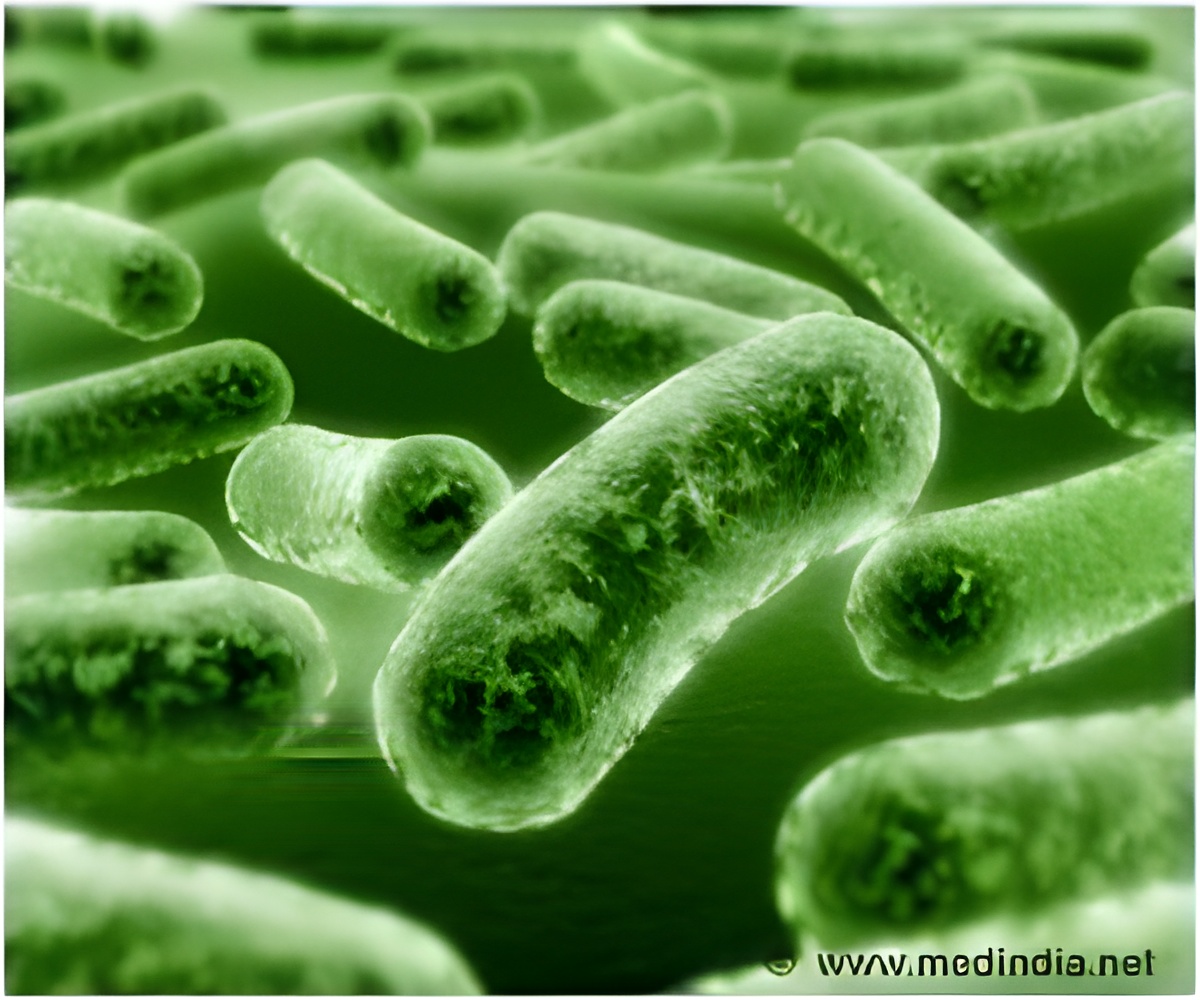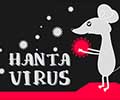Viruses tend to quickly become resistant to anti-viral drugs as they mutate very fast

Together with colleagues, Paul Bates and Kenneth Briley, from the University of Pennsylvania, USA, set out to identify factors and pathways in human cells that were important for hantavirus infection. They focused on a member of the hantavirus group called Andes virus (ANDV). For their experiments they used mostly less dangerous viruses that were genetically engineered to share some characteristics with ANDV, and then used ANDV itself to confirm that the results were true for hantavirus as well.
In two independent genetic screens (systematic searches), they identified four proteins that were involved in hantavirus infection, and all of them were part of a protein complex that regulates cholesterol production in mammalian cells. The scientists next tested whether an experimental drug that targets one of the four proteins could prevent viral entry. They found that treating cells that originated from human airways with this drug before exposing them to virus resembling hanta made the cells less susceptible to virus infection.
Since one of the effects of this experimental drug is that it lowers cholesterol levels in cells, the researchers asked whether statins, a well-known group of cholesterol-lowering drugs that are taken daily by millions of people around the world, could also protect against hantavirus infection. Indeed, pre-treatment of human cells with mevastatin (a member of the statin group that lowers cholesterol by mechanisms that do not involve the proteins they had identified in their screen) made them less susceptible to ANDV infection.
The researchers say "The sensitivity of ANDV to safe, effective cholesterol-lowering drugs may suggest new treatments for ANDV infection and pathogenesis." Moreover, as cellular cholesterol balance has been found to be important for a number of other viruses as well, they hope that "targeting this process might lead to the development of broadly effective anti-virals".
Advertisement














